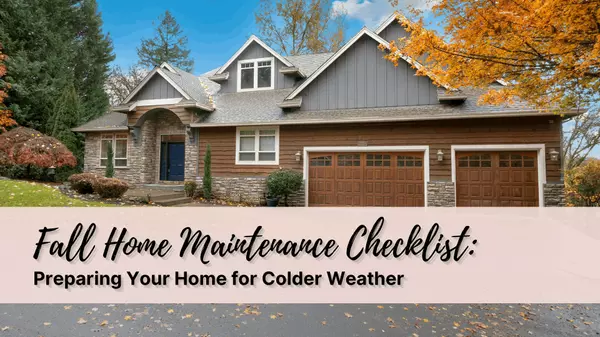What to Expect When You Receive an Offer
Your home is for sale and you’ve received an offer— congratulations! It’s essential that you review the offer carefully as it breaks down what the buyer is willing to pay and under what conditions.
As a seller, you have up to three days to respond to the offer. Once you’ve read and understood the terms of the offer, you can:
- Accept the terms of the offer with no changes
- Make a counteroffer with some changes
- Reject the offer completely
What Makes a Good Offer?
A good offer is close to the listing pricing, or in some cases it’s exactly the listing price. The past few years have not been as easy to make an offer at just listing price as it used to be. With the high demand for homes driving up prices and low inventory, the seller’s market has made bidding wars more common.
A good rule of thumb to creating a smart offer is to assess the property’s market value. Be sure to review the comparable homes in the neighborhood and understand what they are selling for. You can benefit from working with a skilled realtor who is familiar with the area to better understand the market.
What Makes an Offer Stand Out?
While you want to have the winning offer, the last thing buyers should do is increase their bid until you no longer can afford the home.
A few tips buyers can do that stand out to sellers include:
- Getting Pre-Approved. A pre-approval not only verifies if a home is in the affordable price range to the seller so the offer won’t fall through, but it also shows sellers that the potential buyer is serious about a home purchase.
- Wiggle Room Between Offer and Pre-Approval. Experienced sellers, and real estate agents, may reject an offer that is a buyer’s full pre-approval amount. It’s important to keep in mind that if interest rates continue to rise, a potential buyer may no longer qualify for a loan amount if there is no wiggle room. This can cause them to back out of a deal.
- Respectful Offer. If a potential buyer submits a low offer that is not supported by any market comps or data, a seller is more likely to reject the offer. This is even more true when dealing with a seller’s market.
- Minimal Contingencies. Contingencies are often obstacles to a successful closing.
As a seller, it’s important to keep in mind if you accept an offer that has a high chance of falling through, more time on the market to find a new buyer is an additional expense.
What’s the Next Step For Sellers?
After you accept an offer on your home, you may ask what do I do until closing? Here are some tasks you will need to consider and get together before closing.
Property Title
As part of the overall contract process of purchasing a home, a seller must provide a title on the property. Having a title means you own the property and can modify it as you see fit. It also means that you have the ability to transfer the ownership of the property to others. Titles will ensure there are no legal claims against the title and that you are the owner of the property.
Property Deed
In order to transfer the ownership of the property to the buyer, you will need the deed to the property. Providing this legal document will guarantee that no one will bring a claim against the title.
Conditions and Contingencies
As previously mentioned, some buyers will include contingencies and conditions in their original offer. Make sure you review all special items that have been requested by the buyer. The most common condition included in offers is that the purchase of a property is contingent on the new buyer selling their current property, while other conditions may be more specific. These can range from asking the seller to provide a survey of the property to covering the cost of an inspection to having the ability to back out of the contract if the property is appraised for less than the purchase price.
Sale Specific Conditions
These conditions may be negotiated after an offer has been accepted and often fall along the line of fixtures, window treatments, or appliances included in the sale of the home. As a buyer, make sure you double check that everything you intend to sell your home with is accurately included in the contract. Additionally, make sure you check that anything you are looking to take during the sale is not included.
…
When it comes to closing, make sure you speak with your real estate agent on what you need to bring whether you’re buying or selling a property. This often includes an identification and a check for the down payment (for buyer’s). Regardless, it is always important to connect with your realtor to make sure nothing is forgotten.
As an experienced real estate agent, I will work with you through the entire process of buying and selling a property and ensure you are set up for a successful, smooth transaction. Contact me today to learn more!
Categories
Recent Posts










GET MORE INFORMATION

REALTOR® | License ID: 1111154

